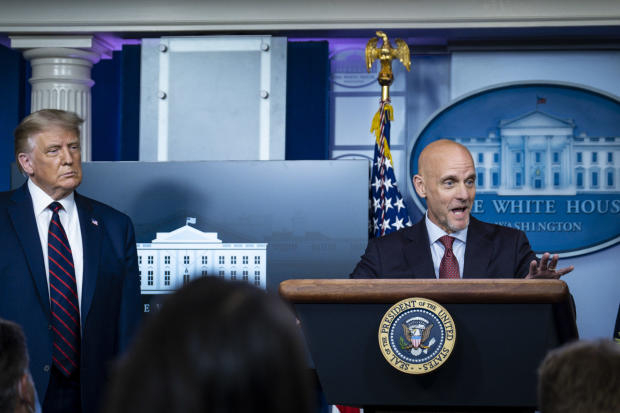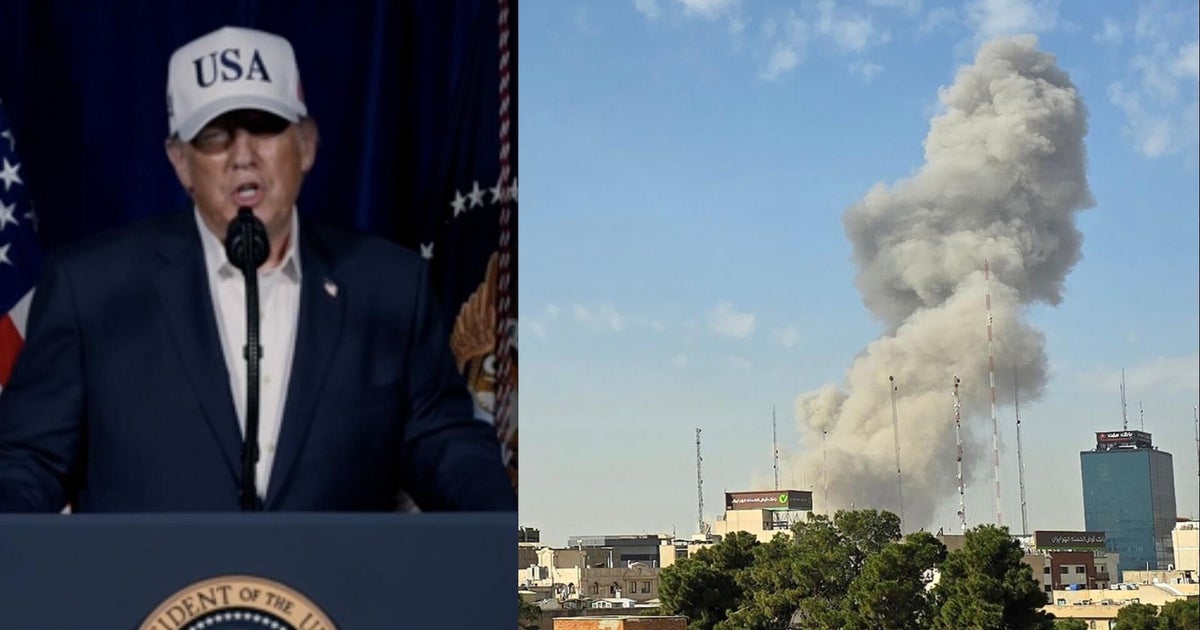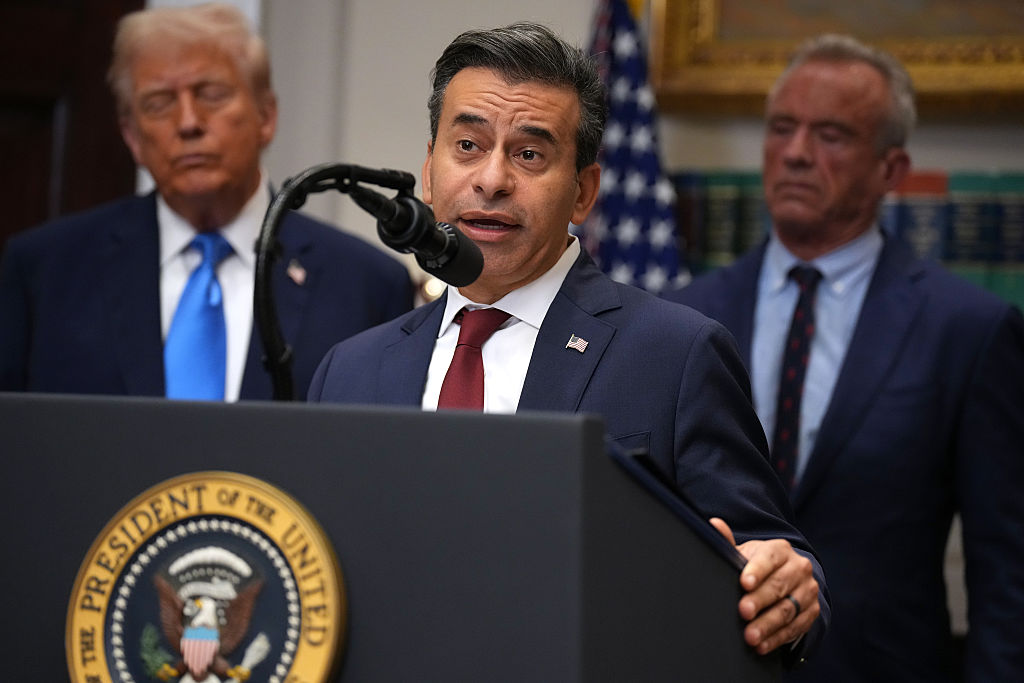FDA issues emergency authorization for COVID-19 treatment
Washington — The Food and Drug Administration announced Sunday that it had authorized an emergency use declaration for convalescent plasma to treat the coronavirus. FDA commissioner Dr. Stephen Hahn said that early trials indicate a 35% better chance of survival when convalescent plasma is used in "optimal patients."
President Trump held a news conference with Hahn at the White House shortly after the FDA announced the emergency authorization. The two left as multiple reporters shouted "was there pressure on you to authorize this?"
CBS News' Weijia Jiang reported last week that National Institute of Health director Dr. Francis Collins, National Institute of Allergy and Infectious Diseases Director Dr. Anthony Fauci and others at the NIH have warned Hahn against approving the emergency use authorization.
Hahn conceded on Sunday that additional data is needed, but said "this clearly meets the criteria we've established for emergency use authorization."
Mr. Trump, meanwhile, touted the approval as a "historic announcement" in the fight against COVID-19. Ahead of the news conference, he tweeted he would be delivering "very good news."
Just one day earlier, Mr. Trump suggested the "deep state" at the FDA is deliberately slow-walking trials for a coronavirus vaccine and therapeutics, with the goal of damaging his reelection prospects.
"The deep state, or whoever, over at the FDA is making it very difficult for drug companies to get people in order to test the vaccines and therapeutics. Obviously, they are hoping to delay the answer until after November 3rd," he tweeted.
Former FDA commissioner Scott Gottlieb, however, said on "Face the Nation" that the study the authorization is based on "wasn't a very rigorously done trial. It was an open-label study where everyone got treated, so it's hard to draw conclusions."




